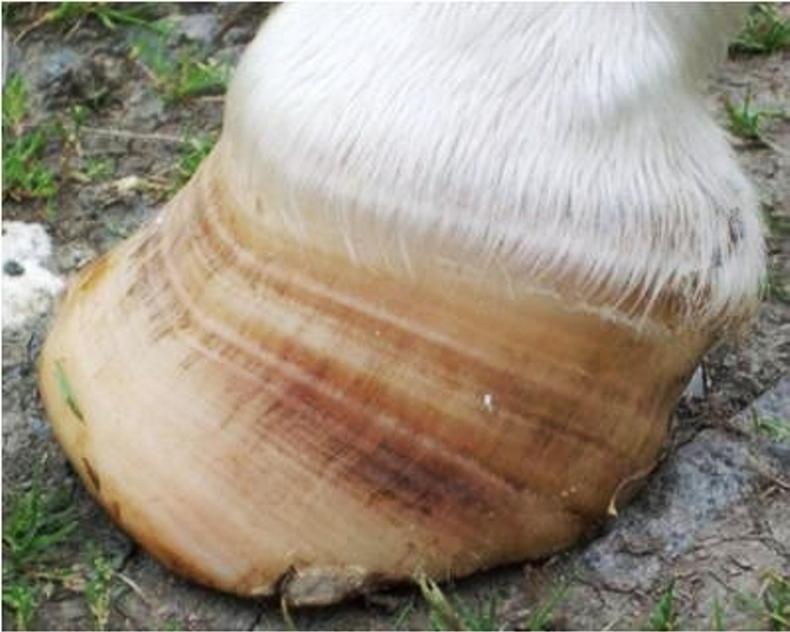ONE in 10 horses or ponies may develop at least one laminitis episode each year, making it just as common as colic, according to a study at the Royal Veterinary College and funded by World Horse Welfare.
Laminitis is a debilitating disease that affects the structure and healthy function of equine feet. It is an extremely painful condition in horses and ponies that has significant welfare implications. It often recurs in individual animals and around 15% of equine deaths in the UK are linked to laminitis. The study followed 1,070 horses and ponies in Great Britain and monitored regular updates on their management and health over 29 months.
Despite a long-standing belief that laminitis is a spring-time disease, a PhD study by veterinary epidemiologist Dr Danica Pollard has identified that there is no ‘safe’ season, and laminitis remains a threat regardless of the time of year. The research, published in Equine Veterinary Journal, has emphasised that laminitis needs to be considered an important year-round equine welfare concern.
Subtle signs
Owners must remain vigilant and not reduce preventive measures when they mistakenly believe that the ‘high-risk’ period is over. Furthermore, the study highlights the importance of recognising subtle signs of potentially life-threatening episodes.
Most laminitic animals were reported by their owners to display non-specific and mild clinical signs, including difficulty in turning and a short/stilted gait (also referred to as ‘pottery’ gait) or lameness at walk – present in over 70% of laminitis episodes. However, less than a quarter of affected animals displayed the more classically recognised signs, such as the typical ‘rocked back on the heels’ laminitic stance and divergent hoof rings (rings that are wider at the heel than at the toe).
Owners are encouraged to consult their vets if they suspect laminitis, or if they notice any of the subtle clinical signs associated with the disease, as by the time even subtle clinical signs arise, the damage within the foot has already begun.


 This is a subscriber-only article
This is a subscriber-only article
 It looks like you're browsing in private mode
It looks like you're browsing in private mode










SHARING OPTIONS: